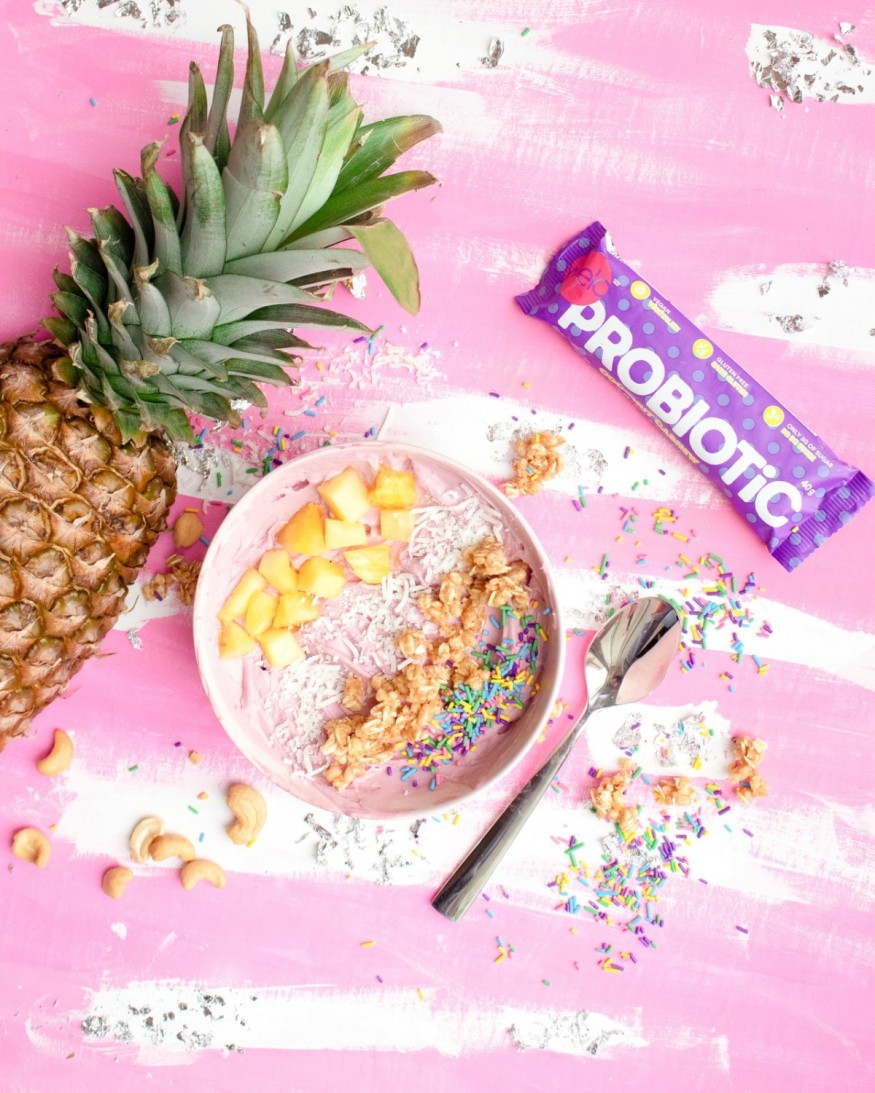
It is easy to think of bacteria as invisible villains, but your body is continually teeming with bacteria heroes. The gut bacteria, also known as gut microbiota, lives in the gastrointestinal tract and are magical creatures. They are responsible for breaking down and digesting food, communicating with the immune system, and keeping inflammation away. While gut health remains a hot topic in the health world these days, prebiotics and probiotics seem to be at the center of the discussion. There is a high possibility that you have heard or come across these terms a million times, but you might not understand the role they play in making sure you have a healthy and happy gut. Let us break it down and look at the difference between the two:
Roles
The human intestines contain strains of two main species of friendly bacteria, Lactobacillus and Bifidobacterium. Probiotics and prebiotics play a crucial role in helping the friendly bacteria but through different ways as shown below;
- Probiotics: These are live microorganisms rare to humans, which are cultured in a lab then made available as a supplement. When you ingest them in supplement or food form, they survive in the gut and come along with many benefits to humans like the good bacteria naturally available in the body.
- Prebiotics: We all have friendly bacteria in the intestinal tract, and prebiotics are responsible for providing food to the probiotics. This is made possible since prebiotics cannot be broken down by the digestive system making it easier for them to go down the digestive tract. They eventually get to the colon, where the friendly bacteria are found. Once they get to the bacteria, they are broken down into nutrition, which helps the good bacteria to thrive.
Probiotics foods and supplements such as "Sproutedbiome" are beneficial bacteria, and prebiotics gives them the support they need.
Food examples
If you want to increase your prebiotic and probiotic intake, you must check on your diet. Eating the wrong things such as high-sugar and high-fat foods can feed the harmful bacteria in your gut and give them an extra advantage over the good ones. So, what is the right food content that you should be taking? The following are some probiotic and prebiotic food examples;
Probiotics
- Miso soup
- Sauerkraut
- Kimchi
- Kombucha
- Kefir (dairy and non-dairy)
- Pickled vegetables
However, if you are making pickles, they must be unpasteurized to provide probiotics.
Prebiotics
Onions
Bananas
Garlic
Berries
Legumes
Apple skin
Beans
Jerusalem artichokes
Peas
Oats
Asparagus
Leeks
Dandelion greens
Chicory root
Benefits of probiotics and prebiotics
- Benefits of probiotics
The benefits of probiotics have been widely discussed and subject to lots of research. They have become an excellent recommendation by health providers to patients after prescribing antibiotics. They are highly advisable since they repopulate the colon with good bacteria, which get wiped out after using antibiotics. Probiotics have also been found to combat gastrointestinal side effects and reduce the bacteria's growth that causes yeast infections.
However, when taking probiotics, it is vital to consult your doctor to determine which probiotics will be more helpful. Also, consult your doctor before purchasing to know if the bacteria in your probiotic is alive.
- Benefits of prebiotics
Research has shown that prebiotics are required to increase the beneficial bacteria already in the gut to reduce the risk of diseases and improve the body's wellbeing. The good thing with prebiotic fiber is that it is not as fragile as probiotic bacteria because it is not affected by heat, time, and stomach acid. Likewise, the fermentation process does not differ depending on the host.
If you increase your prebiotic fiber intake, you enjoy many benefits, including supporting immunity, digestive health, bone density, regularity, weight management and brain health.
Keeping your gut bacteria balanced should be a priority and contributes immensely to your overall health. You must eat both probiotic and prebiotic foods to come up with the right balance between good and bad bacteria in the body. If you incorporate both foods into your diet, you must talk to your healthcare provider to be sure you are eating them in the right amounts. It is possible to lose track and consume too much of one, which can have side effects.












